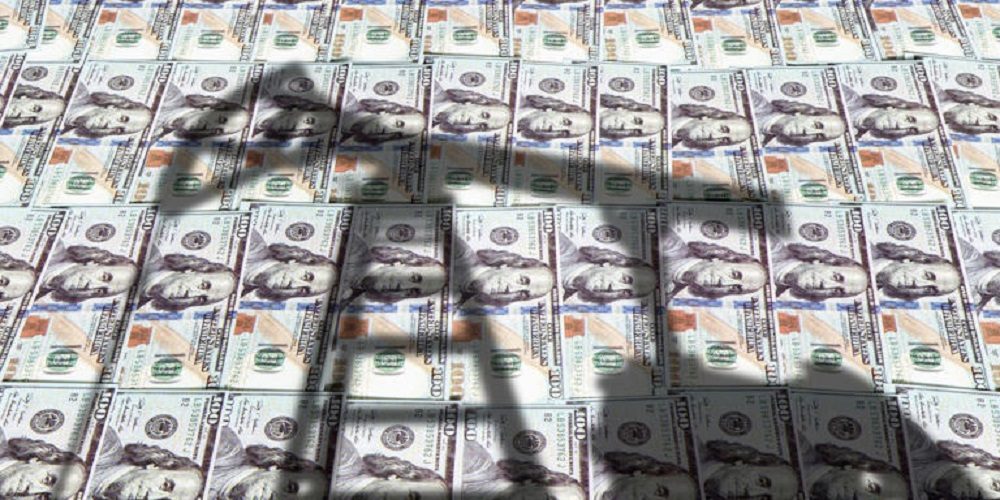
Collapse of the Petrodollar | What Happens Next?

The world economy hinges on the dollar’s stability, particularly the petrodollar system. A potential collapse of the petrodollar could profoundly reshape global financial landscapes. Understanding these implications is crucial for grasping the broader geopolitical shifts that may follow.
A Historical Overview of the Petrodollar
After World War II, the United States emerged with abundant gold reserves, prompting the creation of a new global monetary system at the Bretton Woods Conference. This system established the U.S. dollar, backed by gold, as the foundation of international trade. The dollar was perceived as “as good as gold,” making it the world’s primary reserve currency. Countries worldwide were compelled to hold dollars for international transactions or to exchange them with the U.S. for gold.
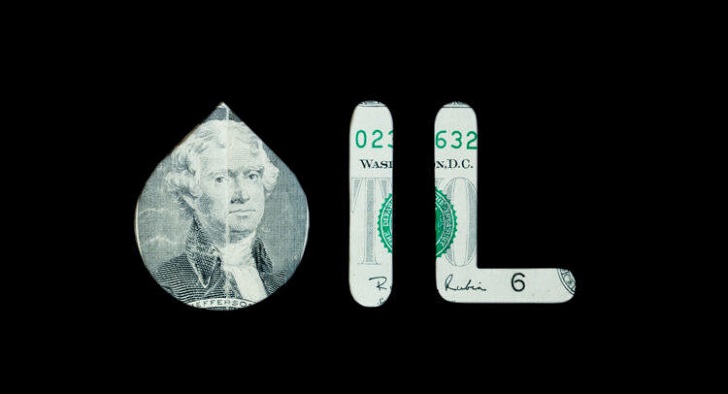
Paul Hoffman | MSN | After World War II, the United States emerged with abundant gold reserves, prompting the creation of a new global monetary system at the Bretton Woods Conference.
However, the system began to falter as U.S. spending on warfare and welfare expanded, leading to an excessive printing of dollars. The situation reached a tipping point when countries started redeeming their dollars for gold, rapidly depleting U.S. reserves. This imbalance led President Nixon to sever the dollar’s ties to gold in 1971, marking a pivotal shift in global economics.
The Emergence of the Petrodollar System
In response to these challenges, the U.S. forged a critical agreement with Saudi Arabia, laying the groundwork for the petrodollar system. This arrangement required oil transactions worldwide to be conducted in U.S. dollars, stabilizing the dollar and securing its status as the dominant reserve currency. Under this system, oil-rich countries like Saudi Arabia invested their oil revenues in U.S. Treasuries, providing the U.S. with a substantial financial buffer to manage its deficits.
This mechanism has profound implications. It creates a robust demand for the U.S. dollar because countries need it to purchase oil. This demand helps to maintain the dollar’s value and the U.S.’s economic hegemony. The petrodollar system supports the U.S. economy by enabling it to sustain large deficits without the typical consequences of currency devaluation.
The Global Impact of the Collapse of the Petrodollar

FrontStory | The U.S. forged a critical agreement with Saudi Arabia, laying the groundwork for the petrodollar system.
If the collapse of the petrodollar becomes a reality, the immediate consequence would be a significant reduction in global demand for the U.S. dollar. Countries would no longer need to hold large reserves of dollars for oil transactions, potentially leading to a rapid dollar devaluation. This shift could trigger a domino effect across the global economy, affecting everything from international trade agreements to foreign exchange rates.
Moreover, such a scenario could lead to increased geopolitical instability. Historically, the U.S. has demonstrated a willingness to use military force to protect its interests in maintaining the petrodollar system. The demise of this system could, therefore, escalate tensions, particularly with countries like Russia and China, which have been actively working to undermine the petrodollar by conducting oil transactions in alternative currencies.
Strategic Shifts in Global Energy Markets
The potential petrodollar collapse would accelerate the diversification of global energy transactions. Countries might seek more autonomy in their economic dealings by using regional or digital currencies for oil trades. This could empower oil-producing nations, giving them more leverage over their resources and economic terms.

Matt Posky | MSN | The potential petrodollar collapse would accelerate the diversification of global energy transactions.
The shift away from the petrodollar could spur innovation and adoption of alternative energy sources. As countries reassess their economic alliances and strategies, they might invest more heavily in sustainable energy technologies, reducing the overall strategic importance of oil and, by extension, the U.S. dollar in global markets.
Economic and Financial Repercussions
The economic landscape could see dramatic shifts with the decline of the dollar’s dominance. U.S. Treasuries might lose their appeal as a safe asset, leading to higher interest rates and making it more challenging for the U.S. to finance its deficits. This situation could exacerbate domestic economic issues, such as inflation and public debt levels, putting additional pressure on the U.S. government to find new ways to sustain its economic policies without the benefit of commanding the world’s primary reserve currency.
The potential collapse of the petrodollar poses significant challenges and opportunities for the global economy. It signals a possible end to the dollar-centric world economic order, paving the way for a more diversified and equitable global economic system. However, the transition could be fraught with economic turmoil and geopolitical tension, underscoring the need for careful navigation and robust international cooperation in the years ahead.
More in Business
-
`
Intel Invests in Nvidia, but Ratings Remain Unchanged
Intel’s stock jumped more than 30% after news broke that Nvidia poured $5 billion into the company. The rally sparked renewed...
October 5, 2025 -
`
Homeownership vs. Real Estate Investment: What’s Better?
Homeownership has long been seen as the American dream. But today, more people are asking: Is it really the smartest way...
October 3, 2025 -
`
Why the Armani Fashion Empire Is Set for an IPO
Giorgio Armani, one of the most iconic names in global fashion, left behind a detailed plan for the future of his...
September 27, 2025 -
`
Why Do Pokémon Cards Outperform the S&P 500 As an Investment?
Pokémon cards have outperformed the stock market by a mile. Since 2004, they have delivered a staggering 3,821% return, according to...
September 27, 2025 -
`
America’s Billionaires Get Older—Millennials Wait for Wealth Transfer
Many of today’s billionaires don’t match the youthful tech-founder image often portrayed. While names like Elon Musk, Sam Altman, and Mark...
September 21, 2025 -
`
Can President Trump Legally Fire Fed Governor Lisa Cook?
Lisa Cook is right in the middle of one of the most explosive legal battles in Washington. President Trump wants her...
September 20, 2025 -
`
Jeff Bezos’ Advice for Millennials Who Want Financial Success
Millennials today have grown up in a world where instant access to products and services is the norm. From two-day deliveries...
September 13, 2025 -
`
Maison Margiela’s First-Ever Celebrity Campaign Stars Miley Cyrus
Miley Cyrus just changed the rules again. In August 2025, she became the first celebrity ambassador in Maison Margiela’s 37-year history....
September 12, 2025 -
`
Should You Rely on AI for Financial Advice? Here’s What Financial Experts Say
AI is everywhere right now, and yes, that includes your wallet. From budgeting to retirement planning, tools like ChatGPT, Google Gemini,...
September 6, 2025





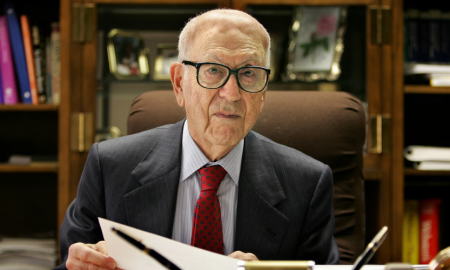
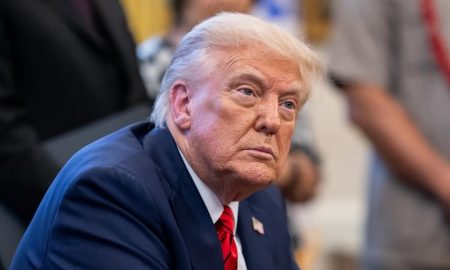







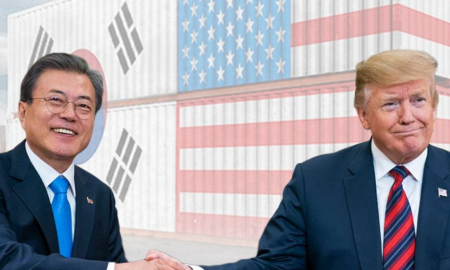
You must be logged in to post a comment Login